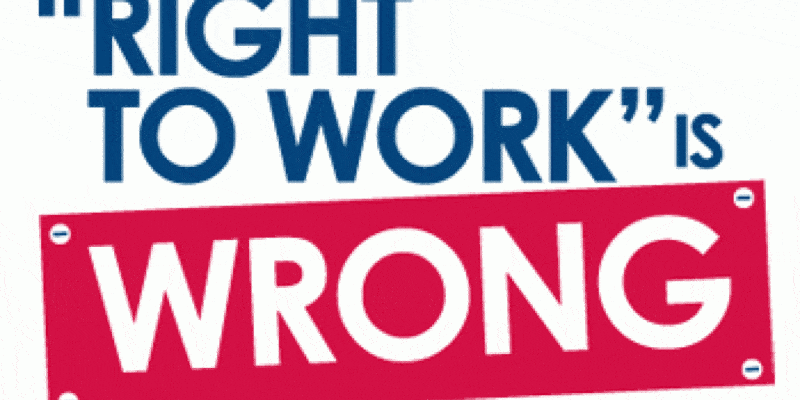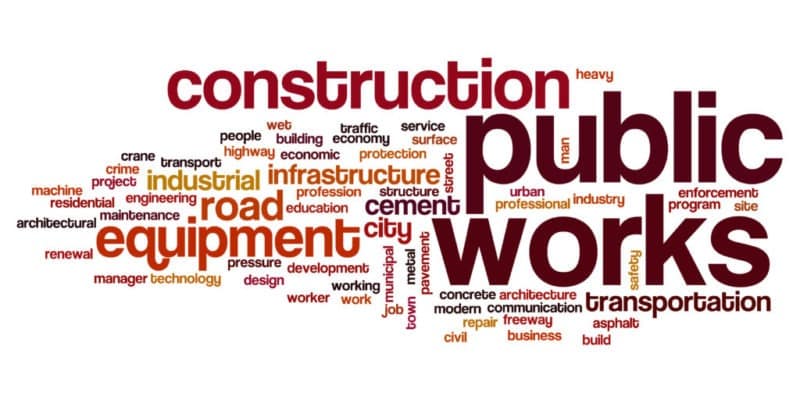October 2, 2019 1:27 pm
St. Louis County Executive Sam Page announced last week that he will request that the County Council enact an ordinance requiring contractors to pay a prevailing wage on projects where St. Louis County extends tax incentives.
Page said he planned to request the ordinance last Friday, when the council agenda is released.
Prevailing wage refers to the rate of pay contractors must offer employees when doing business with a public agency. Prevailing wages are established by Missouri’s Department of Labor and Industrial Relations for each trade and occupation.
“In St. Louis County, our work force deserves to earn competitive wages for their work,” Page said in a news release. “Requiring contractors to pay a prevailing wage will prevent companies from low-balling proposals at the expense of their workers.”
Although prevailing wage requirements may increase the hourly labor cost of a project, such requirements may actually help keep the total project cost down by promoting better training, work efficiency and productivity and retention of highly skilled workers, according to the release.
Page also contended that prevailing wage policies help boost the local economy by promoting the use of local contractors and residents for projects, which promotes more money earned and spent in the local economy.
“These prevailing wage requirements, coupled with the county’s minority- and women-owned business enterprises policies, will help promote economic development and protect the interests of working families in St. Louis County,” said Page in the release.





